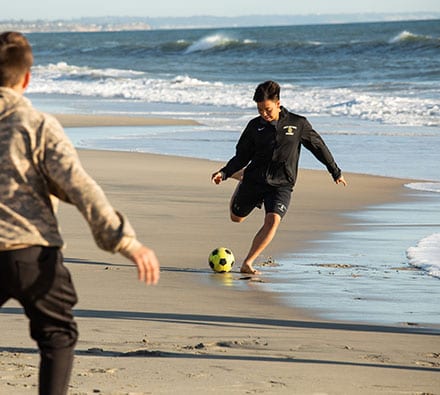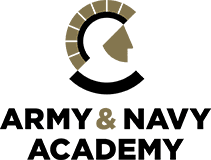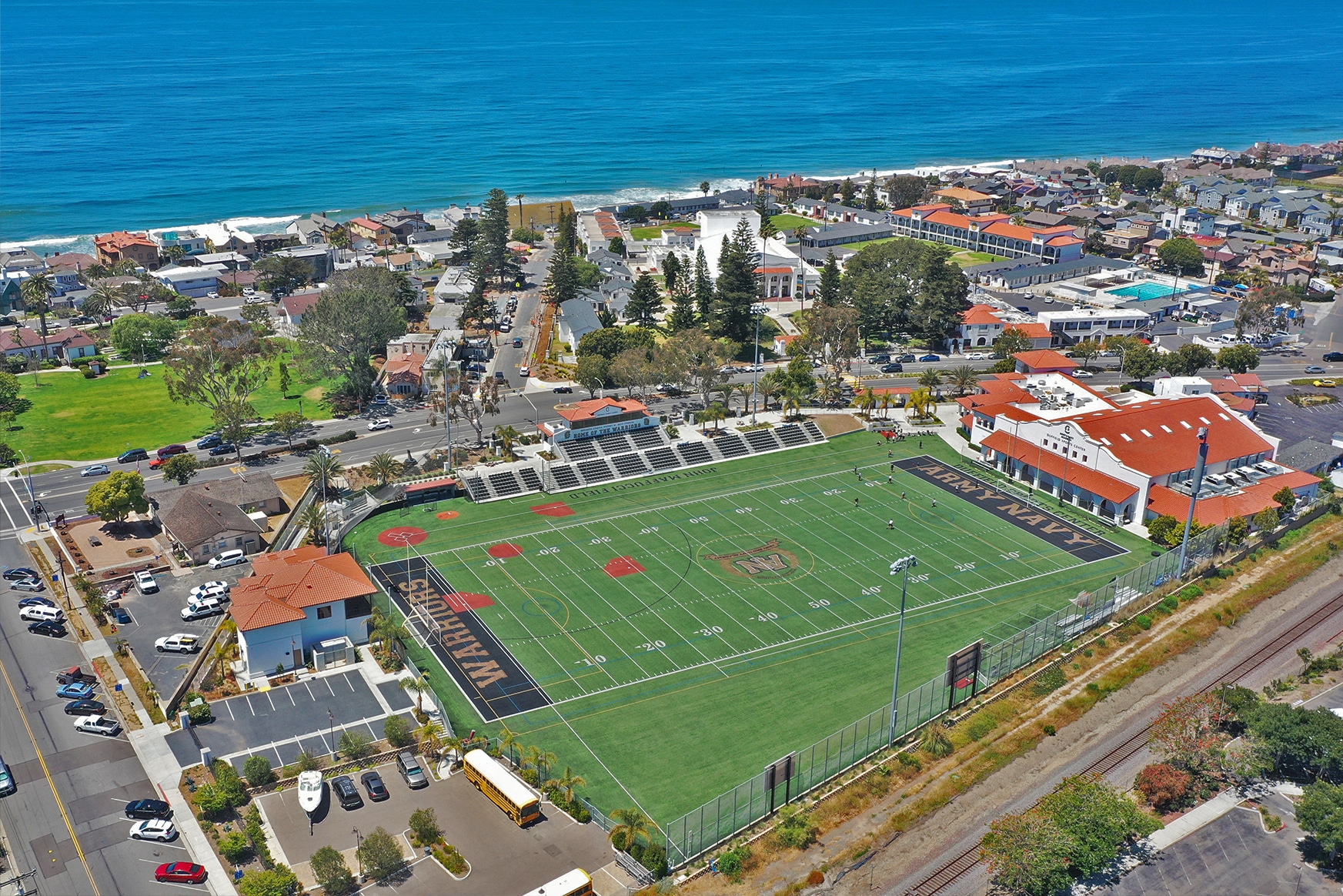 Are you an international student looking for the best boarding school in the U.S that best meets your expectations? Here are some tips that will help you ensure that you decide on the best boarding school that is most suitable for you.To find a boarding school that is right for you, think about the reasons you wish to attend a boarding school in the United States. Many international students want to improve their English through ESOL classes, take rigorous college prep courses, receive college planning services to gain admission to an American college or university, and gain career-oriented skills that will prepare them for life ahead.
Are you an international student looking for the best boarding school in the U.S that best meets your expectations? Here are some tips that will help you ensure that you decide on the best boarding school that is most suitable for you.To find a boarding school that is right for you, think about the reasons you wish to attend a boarding school in the United States. Many international students want to improve their English through ESOL classes, take rigorous college prep courses, receive college planning services to gain admission to an American college or university, and gain career-oriented skills that will prepare them for life ahead.
7 Ways to Find the Best Boarding School for International Students?
1. Explore Review Sites – Website directory sites are a great way to quickly find lists of boarding schools in the cities and states of interest to you. Filters allow you to choose key categories (e.g. all-boys, all-girls, junior boarding schools, and military schools). The following sites are quite helpful: Boarding School Review, Niche, and Great Schools. In addition, you can review listings in various regions. For instance, on the west coast, there is a site with listings of the western boarding schools (wbsa).
2. Listen to Word-of-Mouth – A great way to find the right boarding school is through word-of-mouth. Talk to your friends and people you know who have studied abroad at a U.S. boarding school. Find out where they attended and ask lots of questions about academics, athletics, and campus life. They will give you an insider’s viewpoint on the boarding school and the outcomes of their experience.
3. Speak with International Agents – International agents can be quite helpful as they have experience in finding and placing international students in U.S. boarding schools. Some agents visit the states quite often and tour various campuses. They also attend Agent Fairs to meet with various boarding schools to become more familiar with all of the options. They will help you apply to schools once you narrow down your list and complete the various application and registration steps. If you need a school with English for Speakers of Other Languages (ESOL), they will help you find a boarding school with a curriculum well-suited to your needs.
4. Check Association Websites – There are a number of associations that have directory listings of private schools. These national and regional directories also have accreditation information if you wish to check a school’s accreditation. The National Association of Independent Schools (NAIS) is a central hub for this kind of information.
5. Direct Contact with Boarding Schools – If you found a few U.S boarding schools of interest, it is wise to reach out to their Admission Office. There is typically someone in the office who specifically handles all international students. They will provide an overview of the school, address your questions, take you on a virtual or live tour, and help you handle all F-1 Visa processes.
6. Visit Boarding Schools During Vacations – If your family is planning to visit the United States, this is an opportune time to visit some boarding schools of your choice.. By contacting the Admission Office, you will have options to schedule a campus tour or attend an Admission Open House Event.
7. Attend School Fairs in Your Home Country – Sometimes agents host fairs at specific schools and invite U.S. boarding schools to exhibit. This gives you a chance to connect with multiple schools while you are attending your current school. Ask your school administrators if they are planning to have a boarding school fair or consult with your international agent.
What to Look for in a US Boarding School for International Students
1. College Prep Curriculum – It probably goes without saying that you want to attend a boarding school in the U.S. with a strong academic program. Look at the classes, electives, support programs and whether they offer Advanced Placement (AP) and Honors Classes.
2. Academic Support – In middle and high school, it is so important to have dedicated and caring faculty to support you. Some boarding schools offer an after school tutorial program, open office hours with faculty, peer tutoring, and academic counselors.
3. ESOL Classes – If you need to work on your English speaking, listening, writing, or grammar skills to get ready for college, then it is imperative to choose a school that offers ESOL classes and academic support after school. Many boarding schools do not offer ESOL and only accept students in the advanced English proficiency level category. Almost all boarding schools will require submission of TOEFL or SSAT exam scores.
4. TOEFL Requirements – Some schools are more flexible about English language skills and score requirements. For example, one boarding school for boys in California offers ESOL and they do accept students in the intermediate to advanced categories. At that school, they give priority to students with a TOEFL iBT range of 52-60 or SSAT of 1800-2000 points. For middle school students, they prefer a TOEFL Junior Score of 725-750.
5. Career Oriented Electives and Clubs – If you want to get ready for college, but also prepare for your future career, check out the clubs and electives offered. Some boarding schools have dynamic electives that appeal to international students such as: aviation, computer science, cyber security, game development, video production, and the arts. They also might offer clubs in areas like business, forensics, engineering, sports medicine, and even agriculture.
6. Multicultural Activities – Boarding schools offer a welcoming environment for international students in middle school and high school. Typically, they are very diverse and their international student enrollment may account anywhere from 10-35% of their total student body. They often celebrate the major holidays and cultural events from countries that their international students come from and expose students to various religious, historical, and cultural experiences.
7. Roommate Assignments – A big part of attending a boarding school in the U.S. centers around new experiences and the friendships you will gain as an international student. Most boarding schools assign new students, so don’t be surprised if you have a roommate from the U.S. This will help you practice your English and learn more about the American way of life.
8. Campus Life and Location – Campus Life is to some extent determined by the location of the campus. Some schools are right on the beach, close to an urban area, or could be somewhere quite remote near mountains or lakes. Think about access to nature, cultural events, village centers for conveniences, airport transportation and other key factors that are important to you. Also, check out the campus amenities on a virtual or live tour. Most boarding schools have amazing facilities with classes, labs, libraries, recreation halls, enrichment centers, and full athletic facilities.
9. College Matriculation – If you have your heart set on attending an Ivy League university, a University of California campus, or a prestigious private university like Stanford, then make sure you check the boarding school college matriculation list. This list will give you insights into their college planning services and where their graduates go to college or university.
10. Character Development – Beyond attending a U.S. boarding school for strong academics, you will also want to strengthen your character. Think about whether the school will offer opportunities or programs to work on your values, maturity, independence, resilience, motivation, and confidence. Most boarding schools focus on core values and operate with an honor code. Some boarding schools also offer religious services on or off-campus even if they are non-denominational.
11. Leadership Training – Some boarding schools offer stellar leadership training and their students are intimately involved in the governance of the campus. Students acquire real-world management skills and learn about communication, teamwork, and how to motivate and mentor others. Some boarding schools offer specific classes on leadership. For example, at military boarding schools, they may offer Leadership Education Training (LET) as part of their required classes. Students develop core values and learn about life skills ranging from time management, goal-setting, fitness, hygiene, teamwork, social interactions, and study skills. This is excellent preparation for careers in a variety of fields.
12. Sports and Fitness – Developing good life habits are essential and boarding schools offer a structured schedule to create a balance between mental, physical, and social activities. Check out the school’s website for sports that interest you. Many boarding schools offer over 20 junior varsity, varsity, and team sports with a focus on participation. Sports may include: football, basketball, baseball, cross county, golf, lacrosse, soccer, swimming, water polo, tennis, track and field, and wrestling.
13. Campus Diversity – When speaking with the Admission Office, make sure you ask about their international diversity on campus. Boarding schools can be in the range of having their student body be 10-35% international. Students come from all over the world, from almost every continent, and represent countries such as: Mexico, Canada, China, Taiwan, Japan, Indonesia, Malaysia, Vietnam, South Korea, Rwanda, Dominican Republic, Russia, Ukraine, and the Philippines to name a few. Some boarding schools also have some U.S. citizens who have been living abroad due to their parents’ corporate, diplomatic, or other assignments. This creates a rich domestic and international flavor on campus.
14. Accreditation – Most boarding schools in the U.S. are fully accredited and must comply with rigorous national standards. For example, if you are looking at schools on the west coast, you will notice the Western Association of School and Colleges WASC accreditation on their respective school websites. This information is often found on the home page or in the “About Us” section, but feel free to ask your point of contact in the Admission Office who handles your inquiry and application.
15. Rankings – If you want to see how a school ranks in a specific category, Boarding School Review is an excellent website. They offer breakdowns within their filters and also offer rankings for sports. You can also read reviews on sites such as; Facebook, Google, Niche, Great Schools, and Private School Review.
Now that you know a variety of ways to find boarding schools well-suited to your needs, as well as the things to look for, why not take the next step? Reach out to your top boarding school choices, schedule your interview, and get started on the application process. Going to school in a new country will broaden your horizons and help you prepare for college and life beyond.
Apply to Your Top 3 Choices
We recommend selecting a few schools in order to ensure acceptance. Most boarding schools are selective and it is important that you understand their criteria before applying. Also, keep in mind that most boarding schools will require a student interview by Skype or Zoom as one of their first steps to help international students with the application process. The interview is their way to evaluate your English proficiency level, alongside your TOEFL scores. Be prepared to follow all of the required steps as they guide you through the entire application process, including: interview, submission of TOEFL exam scores, translated transcripts, health documents, applying for the F-1 student visa, and other application requirements.

Candace Heidenrich is the CEO of Aperture Advisory Associates, where she works with private secondary and higher education leaders to strengthen programs and practices. She founded Aperture in 2018 after more than a decade in a senior administrative role at a boarding school in California. Additionally, she held faculty and chair positions at private schools and colleges in Los Angeles and Ojai. Her background also includes director and executive level positions with start-ups and Fortune 500 corporations.
While earning her B.A. in Education and Humanities in the Lawrence Henry Gipson Scholar program, she studied abroad at Oxford before pursuing her master’s at the University of California, Santa Barbara. A frequent speaker at national conferences, she is a recognized thought leader and authority on enrollment management and marketing best practices.
